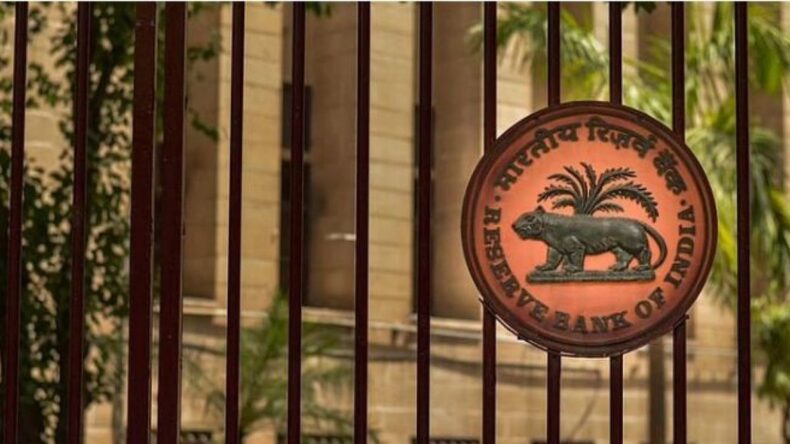Reserve Bank of India Deputy Governor M Rajeshwar Rao highlighted the importance of mainstreaming green finance on Monday. Addressing the CAFRAL virtual conference on Green and Sustainable Finance, he said we need to devise methods to incorporate environmental impact into commercial lending decisions, as climate crisis would affect the economy in the long run.
Green finance refers to economic initiatives that fit into the sustainable development framework by delivering environmental benefits.
RBI Governor also added that the financial sector must simultaneously balance credit expansion, economic growth, and social development to make the system “more resilient in the face of the potential costs of extreme weather events”.
Risks to Arise From Both Climate Crisis and the Efforts to Combat it
Rao observed that the financial sector would face risks from the anticipated climate change and the efforts taken to address those changes.
“Climate crisis will impact the financial sector through two channels. First- physical risks, which mean economic costs and financial losses resulting from the increasing severity and frequency of extreme weather conditions and long-term climate change and second- transition risks which arise as we try to adjust towards a low-carbon economy,” Rao explained.
The transition risks would be manageable only if both the public and private sectors act early. The countries should take the initiative to ensure a proper transition to a low-carbon economy even as the initial costs will be high.
The expenses will decrease significantly in the long run when compared to the potential costs of the unrestrained climate crisis. He also warned that potential impacts on the economy would directly affect the welfare of the country.
Joint Responsibility to Tackle the Impact
He maintained that the financial impact of climate change would transcend the nation-state boundaries, which necessitates all crucial players to fight against it collectively.
As the crisis will affect the global economy in the long run, stakeholders worldwide should take joint responsibility to lessen the financial consequences.
Even the countries which do not contribute significantly to climate change will be affected equally.
He expressed optimism by noting that the worldwide understanding of the economic impact of the climate catastrophe is evolving, and the responses of banks, supervisors and other financial institutions have been developing.
The risks and opportunities of the climate crisis are different for each country, posing unique considerations for emerging economies like India.
RBI Will play a Crucial Role
“As the economy and financial system are not static, we need to respond to changes around us appropriately.
We also need to proactively consider new and emerging risks and opportunities while delivering monetary and financial stability in a time-consistent manner,” the deputy governor said while explaining the rationale of the Reserve Bank’s mission (Utkarsh 2022) statement.
In 2007, the RBI had already asked banks to put suitable action strategies to aid in the country’s sustainable development plans.
The RBI had also offered loans to individuals for setting up renewable energy infrastructure in households.
It recently set up a Sustainable Finance Group (SFG) under the Department of Regulation to accelerate its regulatory initiatives towards sustainable finance and mitigation of climate-related risks.
The Indian Ministry of Earth Sciences had published a report last year claiming that India is witnessing a rise in average temperate and extreme temperature, a decrease in monsoon precipitation, increase in droughts, sea levels and intensity of severe cyclones since the middle of the 20th century.













